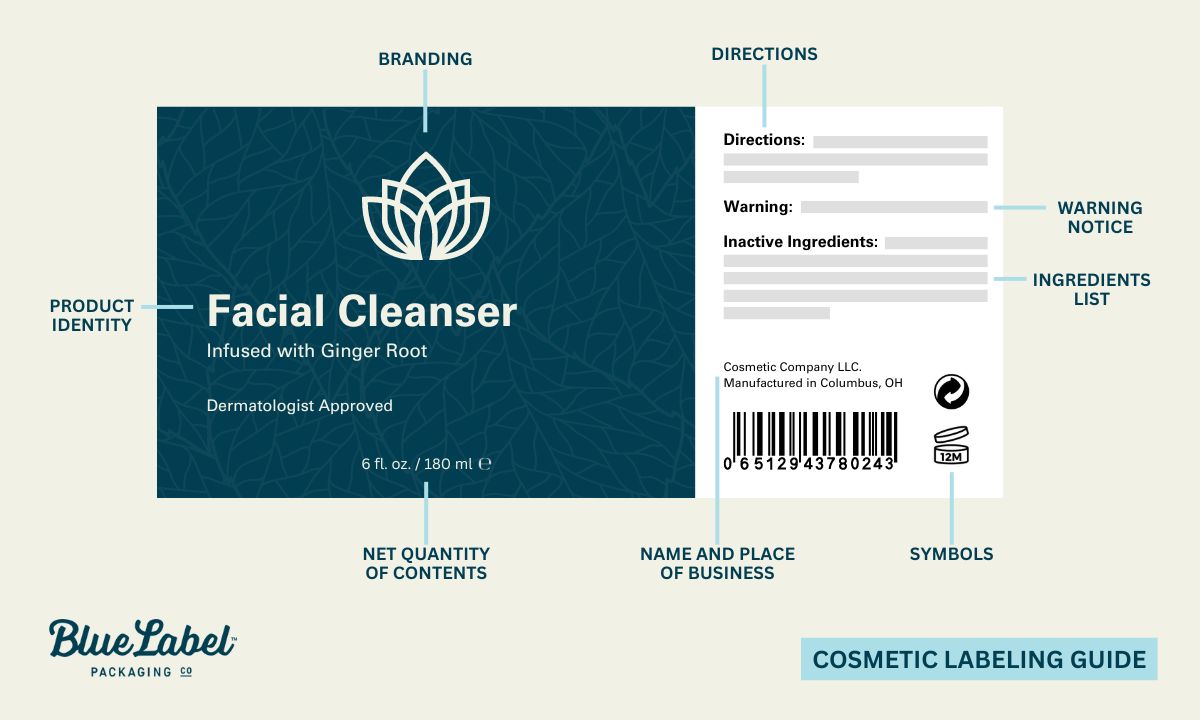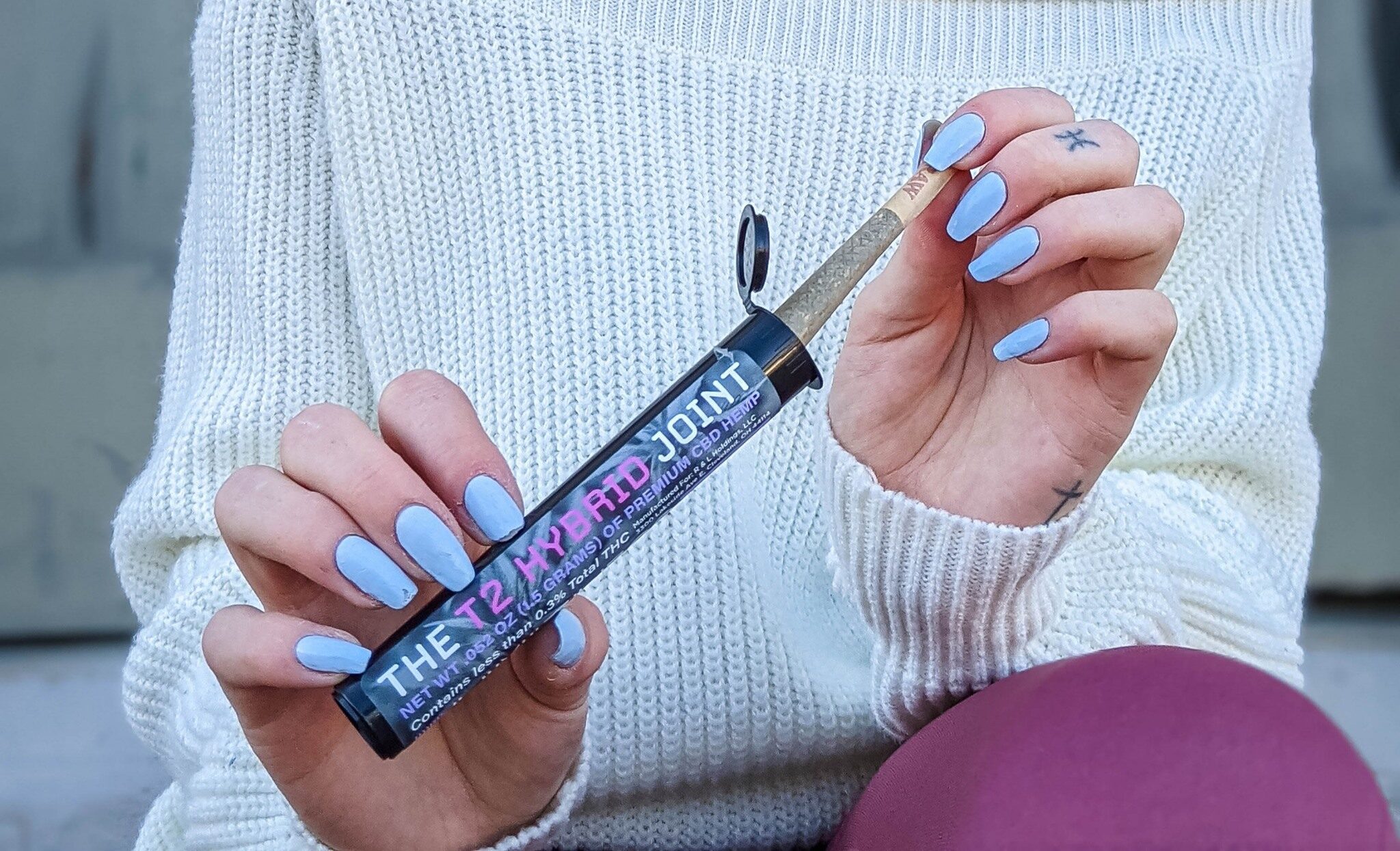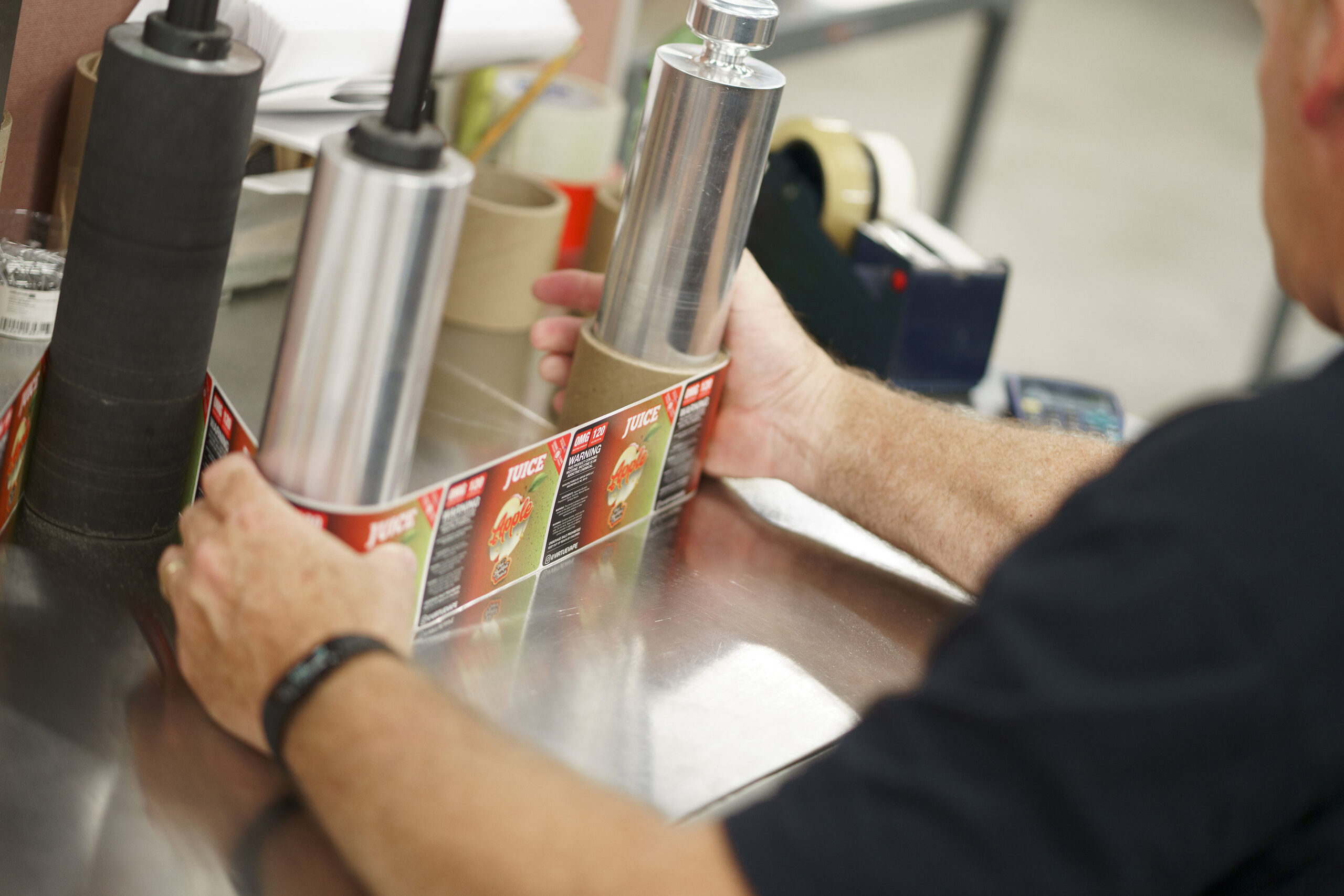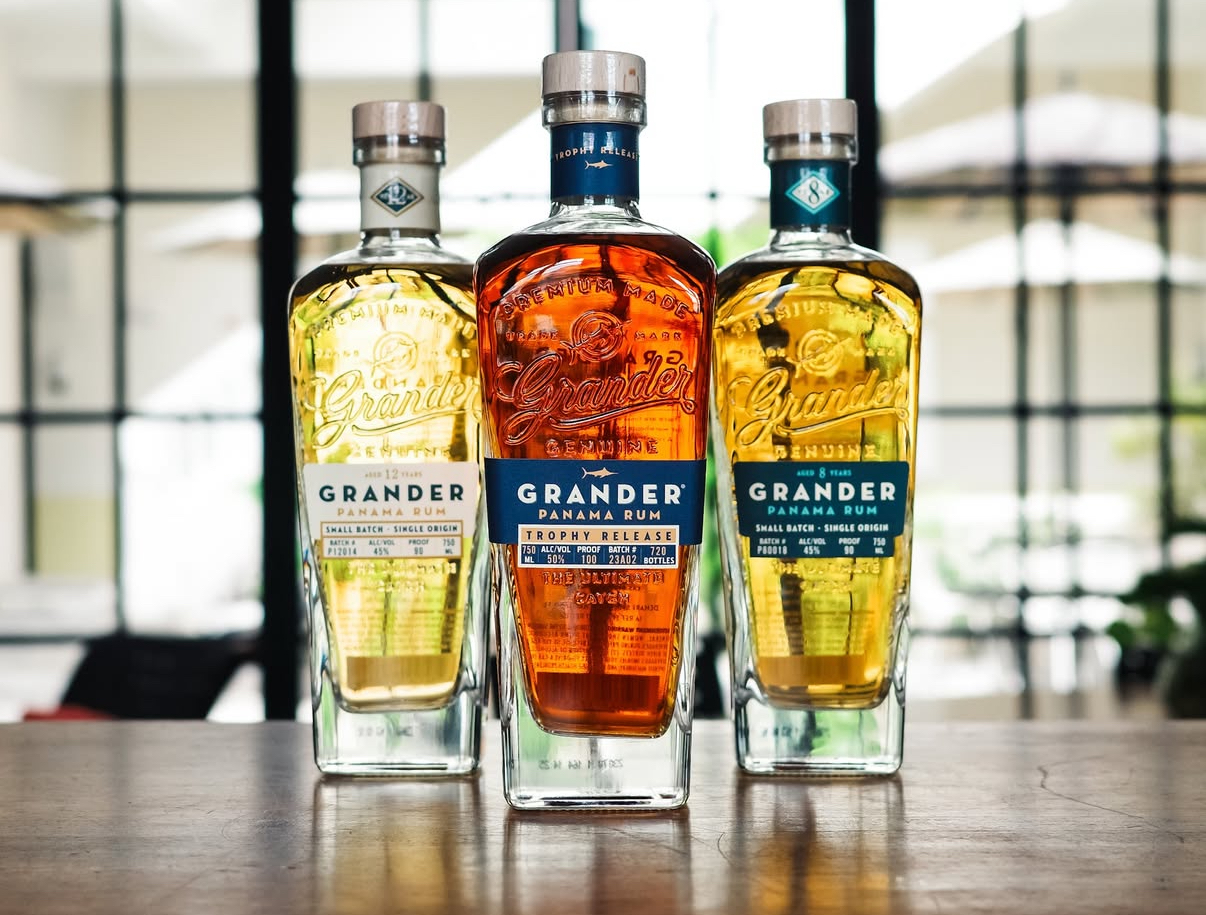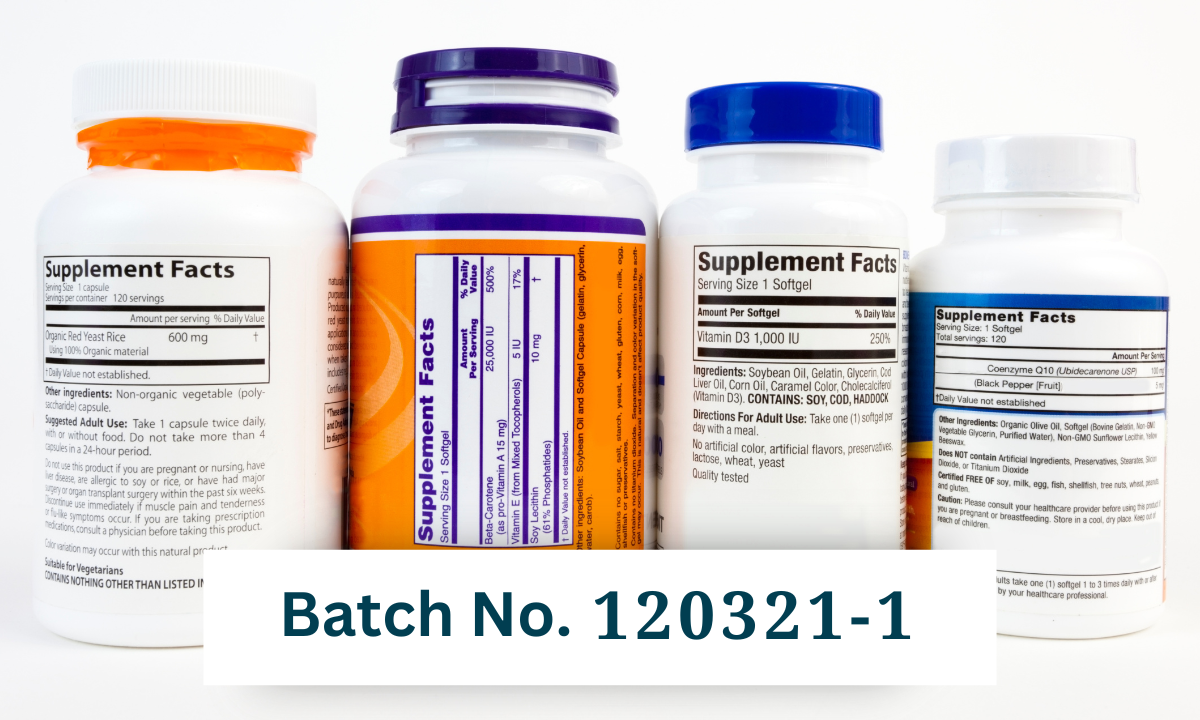What Label Materials are Best for Lip Balm and Lip Stick Tubes?
- beauty product labels
- cosmetic labels
- materials
Choosing the right label material for lip balm and lipstick tubes comes down to looks and performance. Between tight curves, constant handling, and moisture exposure, your labels need to hold up without peeling, fading, or smudging.
Here’s a breakdown of the best (and not-so-best) materials for the job.
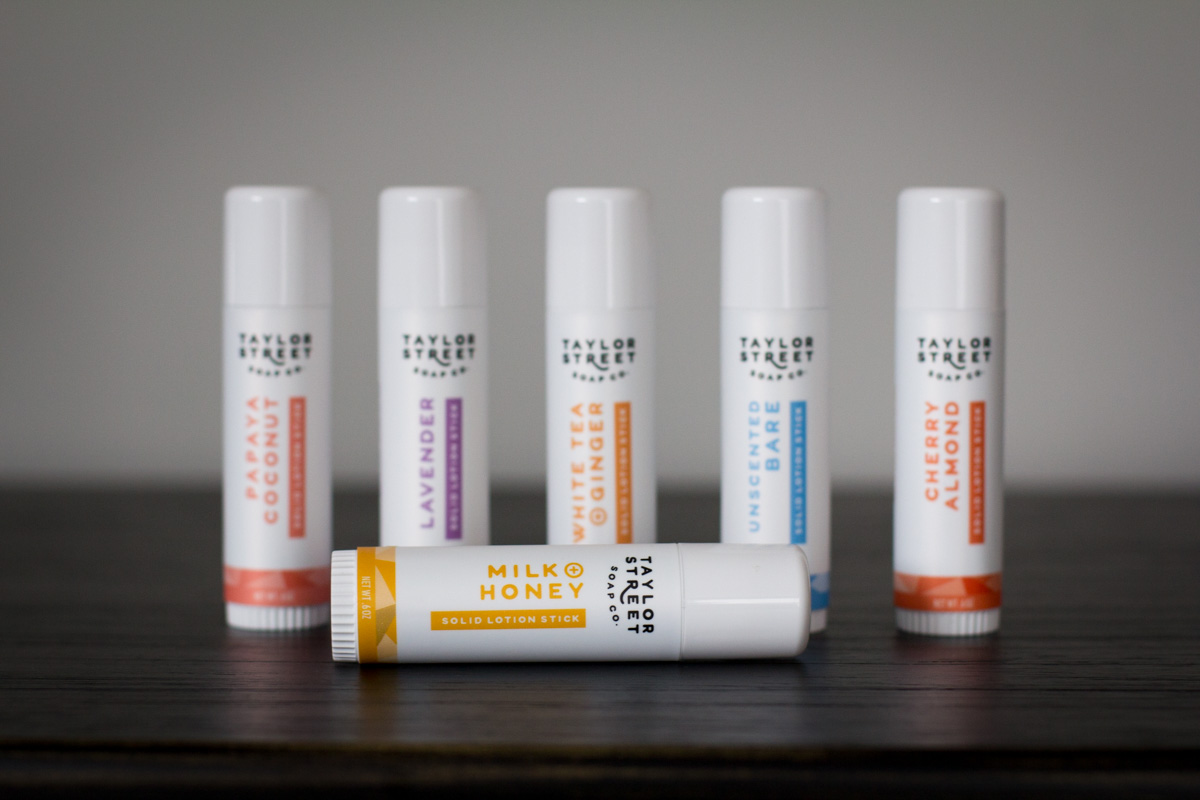
MDO (Machine Direction Oriented Film)
We recommend MDO for most curved lip balm and lipstick tubes, especially smaller-diameter formats like chapstick-style containers.
MDO is a film stretched in one direction during manufacturing, which gives it added flexibility, ideal for wrapping around small, curved surfaces.
Why it works:
- Conformability: MDO is semi- to fully-conformable, which makes it one of the most reliable options for wrapping around tight curves without bubbling or peeling at the edges (what’s known as “edge lift”).
- Durability: Resistant to oils, water, and abrasion, which is key in bathrooms, purses, and pockets.
- Print Quality: Excellent surface for high-resolution printing, foiling, and varnishes.
Finishing compatibility:
- Gloss or matte lamination
- UV spot varnish
- Foil stamping (use shallow depth for curves)
Best for:
- Small cylindrical tubes
- Brands prioritizing label longevity and sustainability
- Designs requiring tight-wrap performance with premium finishes
BOPP (Biaxially Oriented Polypropylene)
We also recommend BOPP, especially for standard-sized tubes or slightly flatter surfaces.
Why it works:
- Durability: Water-resistant, oil-resistant, and UV-stable, BOPP performs well in common product environments like handbags, bathrooms, and refrigerated storage.
- Printability: Delivers sharp graphics and vibrant colors.
- Material Options: Available in white, metallic, and clear (which creates a “no-label look,” where the label blends in with the container like it was printed directly on it).
Finishing compatibility:
- Ideal for foil stamping, screen printing, gloss/matte laminates, and spot UV
Best for:
- PET (polyethylene terephthalate, or a type of plastic), polypropylene (another type of plastic), or metal lip balm tubes with moderate curvature
- Brands needing that premium shelf presence
- Products going into fridges, handbags, or humid environments
PET (Polyester Film)
If you’re working with a rigid container and need maximum durability, PET can be a strong option.
Pros:
- Extremely resistant to heat, moisture, and abrasion
- Strong dimensional stability
- Excellent print surface
Cons:
- Rigid, not suitable for tight curves
- Higher cost than MDO or BOPP
Best for:
- Flat or slightly curved surfaces
- Premium products where durability outweighs cost
Paper
Paper labels have their place, but they’re rarely the right fit for lip care products.
Pros:
- More embellishment options
- Great print quality (initially)
Cons:
- Not moisture- or oil-resistant
- Can scuff, peel, or warp over time depending on handling
- In most cases, you’ll need to laminate it just to keep it from breaking down during regular handling
Best for:
- Dry, indoor environments
- Products with low handling or short shelf lives
Quick Reference Guide
| Use Case | Recommended Material | Why It Works |
| Tight curved lip balm tubes | MDO | Flexible and conformable without edge lift |
| Standard lip balm or lipstick tubes | BOPP | Rigid, durable, and print-friendly |
| Premium rigid containers | PET | Maximum durability and temperature resistance |
| Budget-conscious indoor products | Paper | More embellishment options but Poor performance in high-handling environments |
Final Thoughts
For most lip balm and lipstick tubes, MDO and BOPP are your best bets. They offer the right mix of durability, print quality, and application performance. Both are commonly used in FDA-compliant packaging when the label might come close to the product like on a lip balm tube.
Not sure which one fits your tube best? Contact us and we’ll walk you through it.
